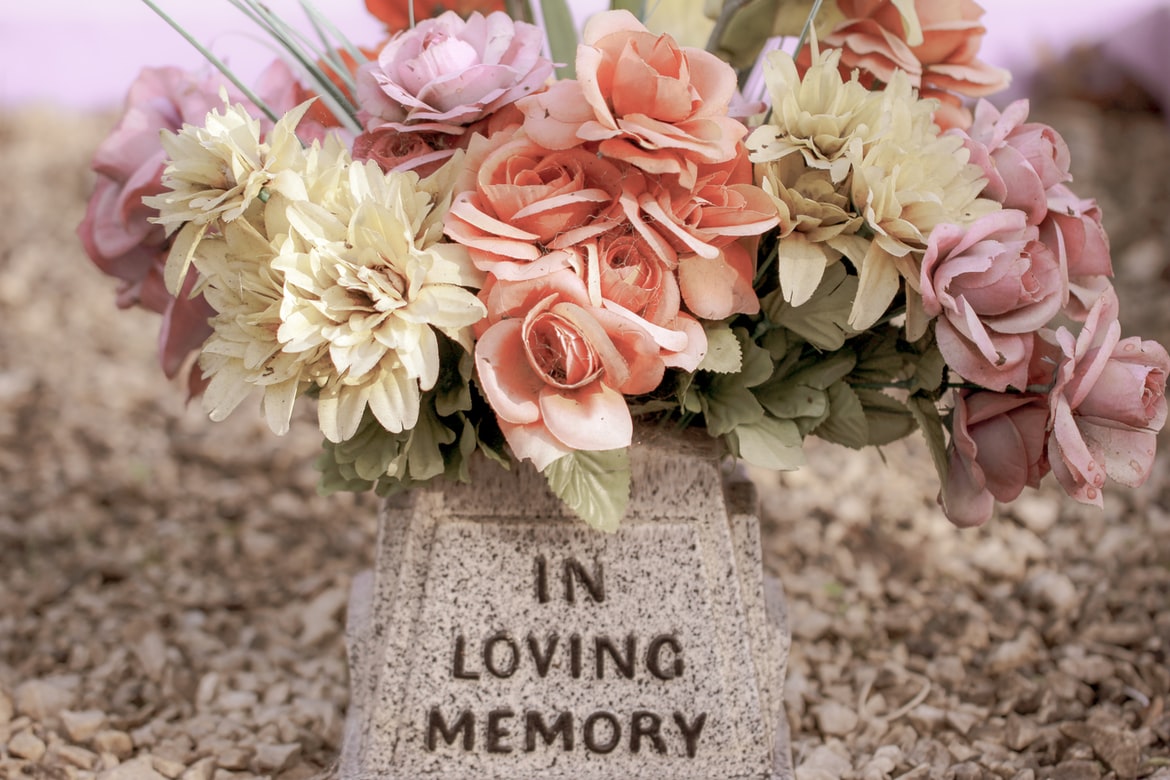 Q. Describe the start of your nursing journey.
Q. Describe the start of your nursing journey.
A. I completed 18 months of nursing school at a teaching hospital in the south of Tasmania, Australia, then left to travel. After a couple of years, I decided nursing was what I wanted and finished my training.
Once married, I worked as a nursing pool nurse, working all over the hospital and all shifts. So, although it was frightening at times, I learned a lot. While we were in Melbourne, I worked as an agency nurse, which took me to all kinds of healthcare facilities. My last nursing role before my husband and I went to Bible college was in infection control.
When we went to Ecuador as missionaries, I thought I would use my nursing skills, and to some degree I did. In the Amazonian jungle town of Shell, I used my nursing knowledge to establish good cleaning practices within the mission hospital and acted as a translator for visiting doctors.
Q. Where did your nursing intersect with writing?
A. While working as a home care nurse, writing seemed to be the direction God was taking me in. While in Shell, I had started writing for Amigos, the mission’s healthcare publication. Later, I also wrote and edited for the mission’s Community Development magazine, Helping Hands. My training and experience as a nurse helped inform what I wrote.
Q. How did you come to write your first book?
A. Healing Begins in the Heart is a memoir I began after several years of trying to avoid the grief I needed to face after two of our three daughters died while we were missionaries. I had turned back to God after many years of keeping a distance from him. The book seemed to take forever, because it was in the writing--and the willingness to face the hard things--that God brought me to true freedom and into a different and deeper relationship with him.
Q. Describe how your nursing practice informed your writing.
A. It was while writing the first edition that I began to allow myself to grieve. This opened my eyes to how much grief was a part of my patients' lives—and the lives of the nurses and others I worked with.
God has used my nursing background, that ability we develop as nurses to assess our patients, that enables me to see beyond the surface when engaging with counselling clients, that continues to enable me to connect with my clients in a deep way that leads to trust. Whether I’m in my counsellor role or my author role, the nurse in me is always present; it always makes an appearance in some way.
Karen’s journey returned her to Australia where she completed an MSN with an emphasis on education and counselling. As more nurses asked for her help to cope with workplace bullying and job stresses, she opened a counselling practice.
I have a unique position as a Christian therapist, as I not only understood the nursing culture, but I also know the workplace culture, and I know the challenges Christian nurses face when working in a system where Christian values are often mocked.
Q. Share key elements for helping a nurse who’s grieving, or who’s caring for a patient who is grieving.
A. Wherever there is loss, there is grief. For many nurses, it’s hard to acknowledge our grief because we’re busy caring for everyone else. And there‘s a tendency to consider that others' losses are far greater than our own.
One of the most important things I’ve learned about grief is that you need to acknowledge it and face it. I’ve learned that leaning into our own grief and allowing ourselves to mourn whatever the loss is makes us more accessible to our patients as they grieve.
When we open ourselves up to the vulnerability of our own grief, we can sit quietly and simply be with a patient who is suffering. Silence is a powerful way of connecting, while words can often lead to disconnection. A gentle touch, a slight press of their hand or their shoulder, and a warm smile can mean so much more than words when someone is suffering. And when it seems right, prayer can be a great comfort, too.
Visit Karen’s website to find out more about her writing and her story. Looking Back Moving Forward, the updated version of Healing Begins in the Heart, releases this month. It can be ordered here and shipped within the U.S. and Canada. https://karenmace.com/product/looking-back-moving-forward/
If you’re an NCF member: The Spiritual Discipline of Lament – Drawing Closer to God Through the Difficulties We Face is the topic of NCF’s December Tabletop Discussion. Join us December 13th at 7 pm (Central) to explore the need for lament and how we can incorporate this practice in all we encounter as nurses, both personally and professionally. Register HERE for this free member event. Members also have access to all past Tabletop Discussions.
Add new comment